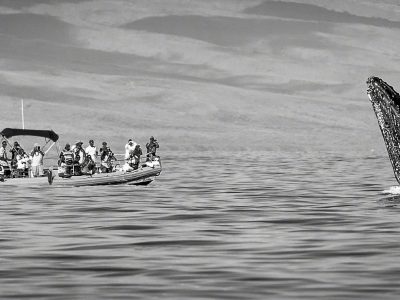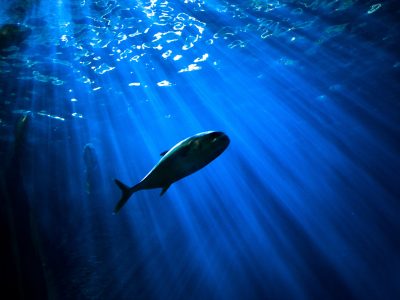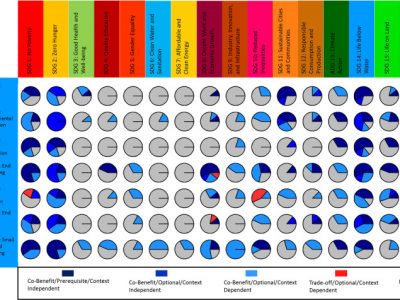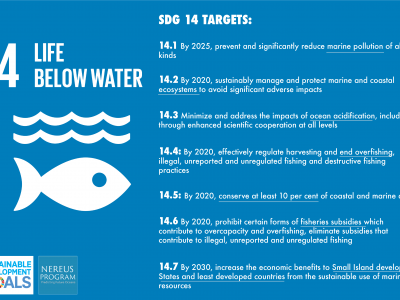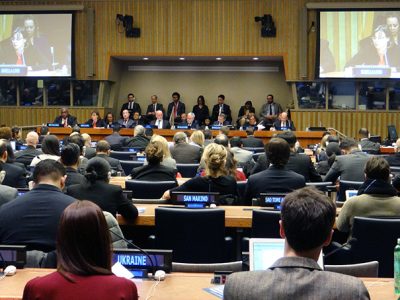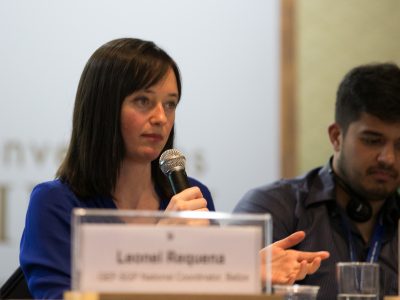Understanding how marine species use the high seas: The Migratory Connectivity in the Ocean (MiCO) system
By Guillermo Ortuño Crespo, Nereus Program Fellow at Duke University
Due to their wide-ranging swimming behaviors, migratory fish, marine mammal, seabird and sea turtle species experience a variety, and an increasing amount, of anthropogenic pressures over the course of their lives. These threats, including climate change, overfishing, and marine pollution, combined with conservation strategies that largely fail to consider spatial connectivity over the life cycle, are resulting in declining populations worldwide.



